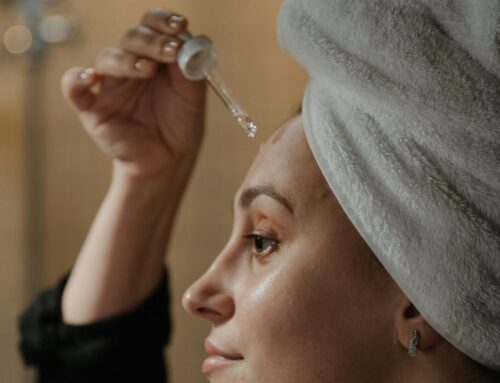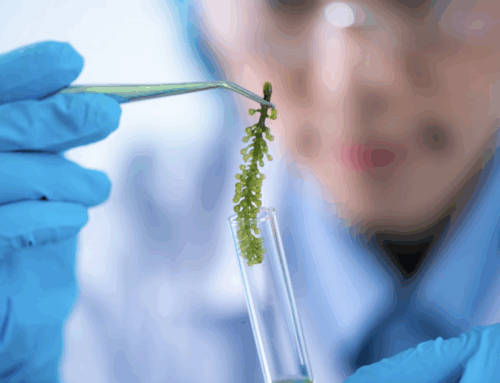Adaptogens, a unique class of botanicals, have long been revered in traditional medicine for their ability to help the body adapt to stress and restore balance. Today, their potent properties are being harnessed in skincare, offering solutions for inflammation, aging, and skin barrier repair. Scientific research continues to uncover the dermatological benefits of adaptogens, particularly in regulating oxidative stress, enhancing skin homeostasis, and mitigating inflammation-related skin concerns.
What Are Adaptogens?
The concept of adaptogens dates back to the mid-20th century when Soviet scientists introduced the term to describe medicinal plants that enhance the body’s resistance to stress. These botanicals work by modulating the hypothalamic-pituitary-adrenal (HPA) axis and influencing the neuro-endocrine-immune system to support overall resilience.
In dermatology, adaptogens have gained recognition for their multifaceted roles in treating skin conditions such as acne, eczema, and atopic dermatitis, while also offering benefits like anti-aging, brightening, and hydration support.
The Key Mechanisms of Adaptogens in Skincare
1. Regulating Skin Inflammation
Chronic inflammation is a primary culprit behind many skin disorders, including acne, psoriasis, and atopic dermatitis. Adaptogens exert anti-inflammatory effects through multiple pathways, such as inhibiting the NF-κB signaling cascade, a key regulator of inflammatory responses.
One recent study by Amorepacific found that aged ginseng extract, specifically Lymphanax-EE, possesses superior anti-inflammatory properties compared to fresh ginseng. This effect is attributed to its enhanced ginsenoside and gypenoside 17 (Gyp17) content, which suppresses pro-inflammatory gene expression and inhibits NF-κB signaling.
2. Antioxidant and Anti-Aging Benefits
The skin is constantly exposed to environmental stressors, including UV radiation and pollution, which accelerate oxidative damage and premature aging. Many adaptogens contain high levels of antioxidants, including phenolic compounds, flavonoids, and terpenoids, which help neutralize free radicals and protect against photoaging.
For instance, Rhodiola rosea has been shown to stimulate tissue metabolism and promote anti-inflammatory effects, restoring skin vitality and reducing oxidative stress. Similarly, ginseng enhances skin elasticity and hydration while mitigating signs of aging by improving cellular resistance to oxidative damage.
3. Enhancing Skin Barrier Function and Hydration
A well-functioning skin barrier is crucial for maintaining hydration and preventing irritation. Adaptogens like Centella asiatica and licorice root have been widely studied for their ability to reinforce the skin’s defense mechanisms by regulating extracellular matrix (ECM) components and promoting collagen synthesis.
Additionally, aged ginseng extract has been shown to improve the skin’s moisture retention and enhance overall skin health by increasing the production of key structural proteins.
Top Adaptogens for Skincare
- Ginseng (Panax ginseng): Anti-inflammatory, anti-aging, boosts skin hydration
- Rhodiola rosea: Antioxidant-rich, stress-relieving, promotes skin renewal
- Centella asiatica: Enhances wound healing, strengthens the skin barrier
- Licorice root (Glycyrrhiza glabra): Brightens skin, reduces redness and irritation
- Schisandra chinensis: Protects against environmental damage, firms skin
The Future of Adaptogens in Skincare
As scientific interest in adaptogens continues to grow, more skincare brands are incorporating these botanicals into formulations targeting inflammation, aging, and barrier repair. The cosmetic industry has seen an increase in patent applications related to adaptogenic ingredients, particularly for anti-aging and skin-protective formulations.
With research-backed evidence demonstrating their ability to modulate oxidative stress, reinforce skin homeostasis, and provide potent anti-inflammatory effects, adaptogens are proving to be a powerful addition to modern skincare solutions. Whether in serums, creams, or masks, these natural ingredients offer a holistic approach to achieving healthier, resilient skin.





